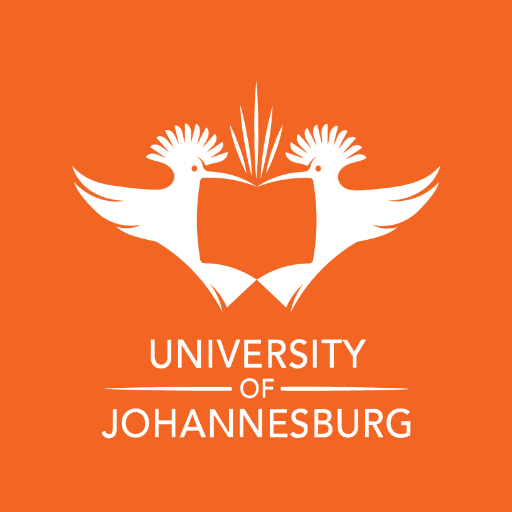Licenses
A license allows the transfer of technology that is protected by intellectual property rights. Filing the patent is not the final goal – the objective is to conclude licensing agreements.
A license is a contract by which the licensor grants the licensee, under certain conditions, the right to use a patent or software in order to develop and commercialise products or services based upon such patents or software.
License agreements are long term relationships.
UJ grants licenses to existing businesses and to start-ups. In general, when inventors present a credible start-up project, UJ favours the grant of a license to such start-up.
Inventors
Key roles and motivation – The collaboration between inventors and the Commercialisation Office is critical for the success of a licensing deal. In particular, the active participation of inventors in the identification of potential licensees is very important.
The transfer of technology is a source of satisfaction for inventors – the impact of their research extend beyond the academic environment in the industrial world.
Scope of licenses
The license can be either exclusive, when the licensee is granted a monopoly on exploitation, or non-exclusive, when the licensor reserves the right to grant licenses to other parties. Generally, the license is limited to industrial applications that the licensee wishes to develop. In the negotiation process, it is important to take into account other research projects of the laboratory concerned.
In general, the exclusive licenses should grant the licensee the right to grant sublicenses.
For exclusive licenses, it is important that the licensee will further develop and exploit the technology. This is why such licenses usually contain specific milestones.
Confidentiality agreements
When seeking possible licensees, confidentiality agreements are signed so that the invention can be presented without endangering the patent process.
Option agreements – Sometimes businesses are interested by an invention but want to evaluate it or carry out complementary studies themselves over a period of time, before committing to a license. In these cases, option agreements are the appropriate instrument.
Financial returns
In consideration for the license, the licensee pays UJ a remuneration that can take different forms: royalties on products or services sold, royalties on sub-licenses, upfront payments, annual payments, or stock in the start-up company. These amounts are the result of a negotiation between UJ and the licensee.
